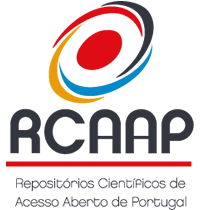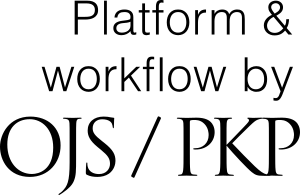Under pressure leadership: ethical challenges and critical decisions in Forensic Science
DOI:
https://doi.org/10.48797/sl.2025.179Keywords:
PosterAbstract
Background: Leadership in forensic science is essential for ensuring the quality, ethical rigor and reliability of decisions relating to forensic investigations [1]. Forensic experts often encounter ethical dilemmas, institutional pressures, judicial expectations [2], as well as workplace-related factors (management, supervision, backlogs, high number of cases) or personal related factors (family, medical, financial) necessitating sensitive and highly responsible decision-making [3-5]. Objective: This work identifies and analyses forensic experts' main challenges when making critical decisions. Methods: The review was conducted following the PRISMA guideline and included a search of the PubMed, ScienceDirect, and IEEExplore databases for articles published between 2020 and 2025. The search utilized keywords such as "forensic leadership", "ethical decision-making", "forensic science management", and "crisis response". Only peer-reviewed articles addressing leadership and decision-making issues in forensic contexts were included. Articles outside this timeframe or that did not meet the criteria of scientific rigor were excluded. Results: Of the 227 articles initially identified, 20 met the inclusion criteria, revealed a lack of formal leadership training among forensic professionals and highlighted ethical conflict management, institutional pressure, and effective communication as key competencies. These findings underscore the importance of collaborative leadership in crisis situations and when faced with controversial decisions. Conclusions: The results point out to an urgent need for leadership training within the forensic community (e.g., dedicated coursework, case-based learning, interdisciplinary projects, mentorship, workshops, internships, simulations, reflective assessments, and lectures from field experts) and communication and team management skills (e.g., clear communication protocols, leadership role designation, standardized reporting formats, regular cross-functional training and simulations, reliable communication technology, culture of trust and accountability, and crises debrief to improve future responses). Promoting informed and responsible leadership could enhance the integrity of forensic decisions and increase trust in the institutions that rely on these professionals.References
1. Pastor-Bravo, M. et al. The challenge of generational change from robust governance in the Institutes of Legal Medicine and Forensic Sciences of Spain. An example of leadership and public management at the Institute of Legal Medicine and Forensic Sciences of Alicante. Spanish Journal of Legal Medicine 2025, 51(1), 100432, doi: 10.1016/j.remle.2025.100432
2. Madureira-Carvalho, Á. et al. The Code of Ethics and Conduct for Forensic Specialists: A Framework from The Portuguese Association of Forensic Sciences. Forensic Sciences 2023, 3(1), 169-178, doi: 10.3390/forensicsci3010013
3. Walsh, S. J. Forensic science in the criminal justice system: The good, the bad and the academy. Australian Journal of Forensic Sciences 2023, 55(3), 285-294, doi: 10.1080/00450618.2023.2200913
4. Almazrouei, M.A. et al. Organizational and Human Factors Affecting Forensic Decision-Making: Workplace Stress and Feedback. Journal of forensic sciences 2020, 65(6), 1968–1977, doi: 10.1111/1556-4029.14542
5. Almazrouei, M.A. et al. Unpacking workplace stress and forensic expert decision-making: From theory to practice. Forensic Science International: Synergy 2024, 8, 100473, doi: 10.1016/j.fsisyn.2024.100473
Downloads
Published
How to Cite
Issue
Section
License
Copyright (c) 2025 Gustavo Noël, Manuela Oliveira, Luís Marques Fernandes

This work is licensed under a Creative Commons Attribution 4.0 International License.
In Scientific Letters, articles are published under a CC-BY license (Creative Commons Attribution 4.0 International License), the most open license available. The users can share (copy and redistribute the material in any medium or format) and adapt (remix, transform, and build upon the material for any purpose, even commercially), as long as they give appropriate credit, provide a link to the license, and indicate if changes were made (read the full text of the license terms and conditions of use).
The author is the owner of the copyright.









